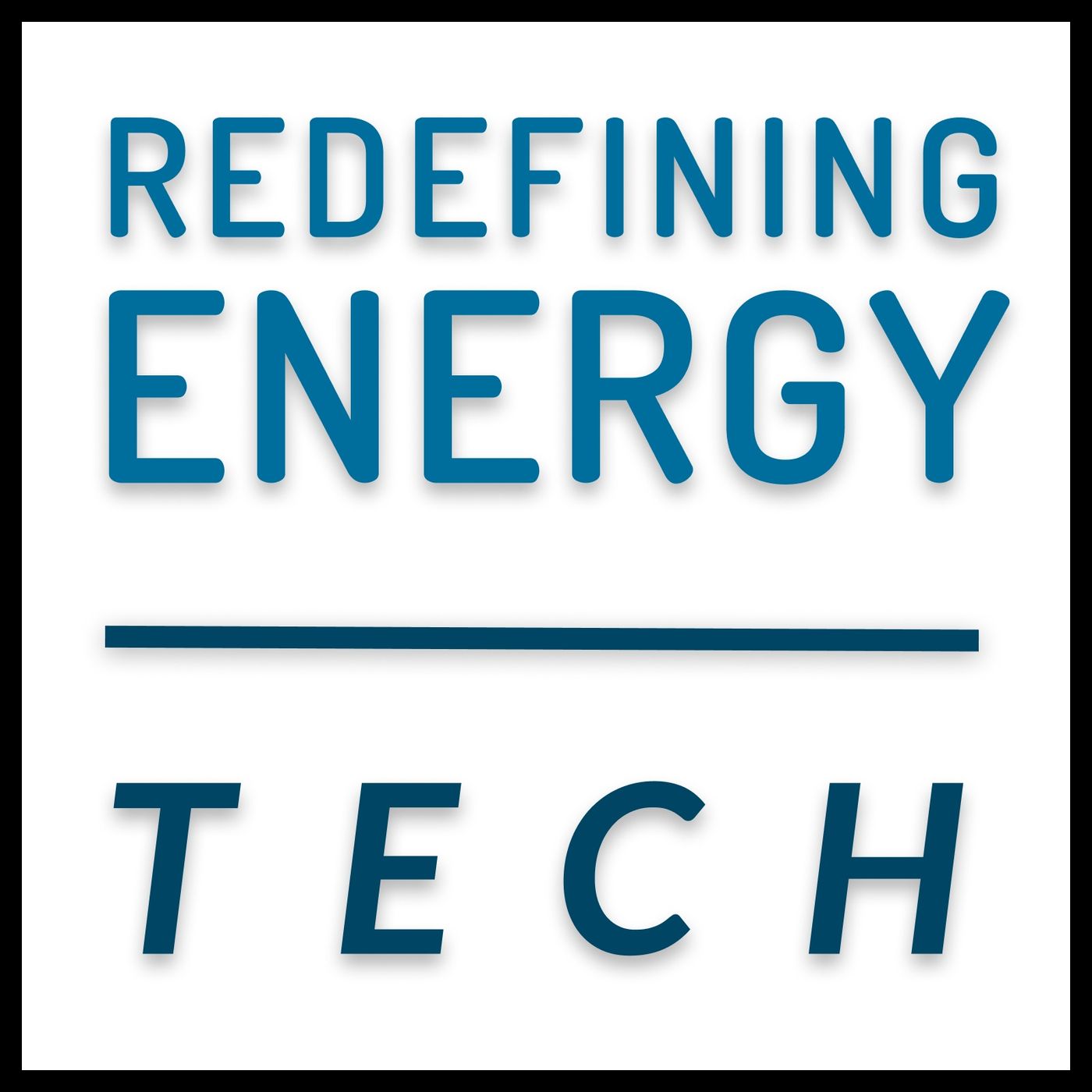40: Buses - Hydrogen vs Batteries (2/2)
Description
In this second part of the episode, Michael Raynor and Michael Barnard offer an in-depth analysis of the comparison between hydrogen fuel cell and battery electric buses, focusing on key findings and discrepancies in a recent CUTRIC study.
Barnard critically examines issues related to replacement cycles, carbon pricing, refuelling facilities and individual bus complexity. He highlights the study’s failure to account for technological advancements in batteries, such as decreasing costs and improving lifespans, which position battery electric buses as a more sustainable and cost-effective solution.
Raynor digs into financial projections and the challenges of managing multiple bus technologies in transit systems like Brampton’s. He applies his expertise related to scenario-based planning, gained in his Harvard DBA and published in his 2007 book, The Strategy Paradox, pointing out flaws in CUTRIC’s use of point estimates without error bars. Raynor notes the complexity involved in maintaining hydrogen buses, both in terms of infrastructure and organizational demands, compared to simpler battery systems. He raises concerns about Brampton’s decision to move forward with a potentially expensive and inefficient hydrogen pilot, citing a $1.1 billion discrepancy caused by timing assumptions in hydrogen bus deployment.
Raynor also explores how the study’s reliance on discounting future costs skews financial comparisons between the two technologies. He discusses the need for carbon emissions to be integrated into transit planning decisions and contrasts CUTRIC’s analysis with the EU’s more sophisticated approach to carbon pricing.
The episode concludes with Raynor’s personal reflection on the difficulties of tackling climate challenges while underscoring the importance of rigorous evaluation processes in transit planning. Raynor and Barnard call for Brampton’s transit proposals to undergo third-party reviews and improved quality control to ensure transparency and better decision-making.
More Episodes
Published 11/20/24
In this episode, host Michael Barnard engages in an enlightening conversation with Michael Raynor, co-author of The Innovator’s Solution and an expert in carbon reduction strategies. Raynor shares his personal journey into sustainability, the evolution of his focus on decarbonization, and his...
Published 11/06/24
In Episode 38 of Redefining Energy - Tech, Rob Jackson addresses the growing challenge of methane emissions, which are over 90 times more potent than CO2 in the short term. He reveals that two-thirds of methane emissions come from human activities such as fossil fuels, agriculture, and landfills,...
Published 10/23/24


